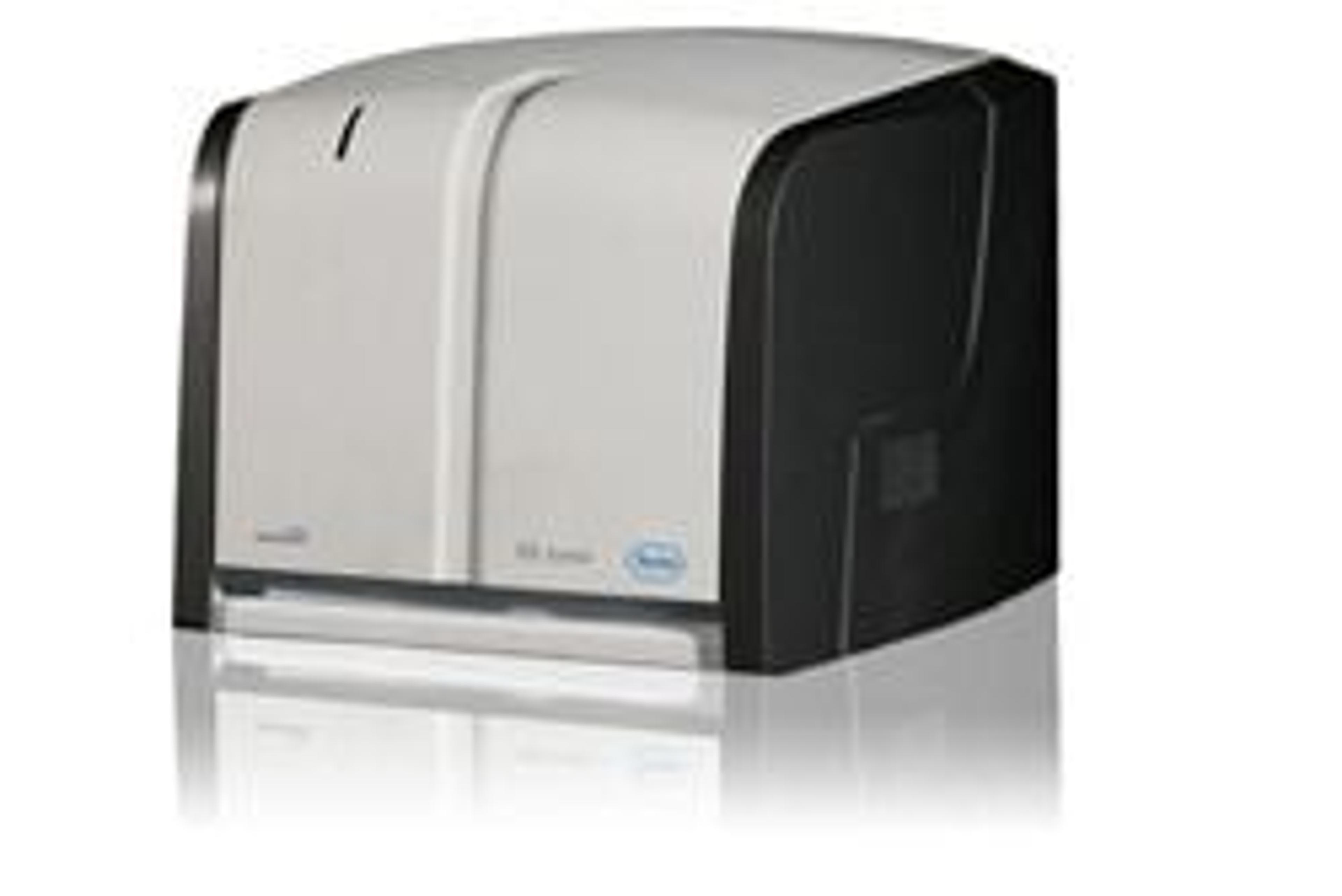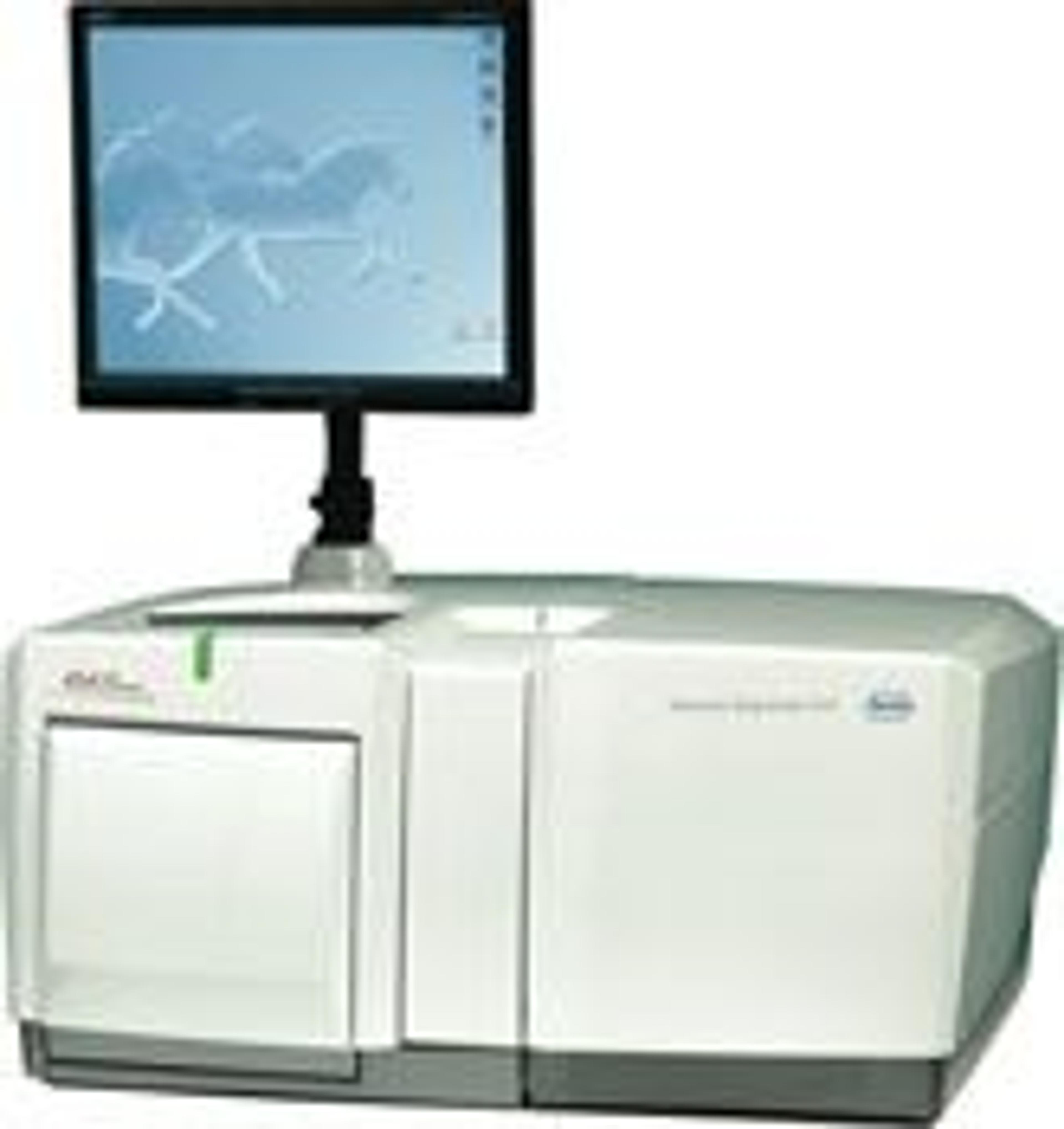Roche and NuGEN Technologies Develop Whole Transcriptome Profiling Solution for 454 Sequencing Systems
4 Apr 2011454 Life Sciences, a Roche Company, and NuGEN Technologies, announced today the development of a unique sample preparation method and high-throughput sequencing solution for small and degraded RNA samples. The collaboration leverages 454 Life Sciences’ capabilities to construct sequencing-ready cDNA libraries from RNA samples and NuGEN’s experience and innovation with genomic sample preparation solutions. This collaborative effort provides researchers an end-to-end solution for transcriptome profiling using their most precious sample types.
Rare and difficult to obtain samples present a unique challenge to researchers who must maximize the utility of low abundance sample. Typical cDNA protocols often require up to 20 µg of input material which limits use to samples with large quantities of RNA available. Under the collaborative relationship, the two companies have developed a solution using both NuGEN’s proprietary isothermal linear amplification (SPIA®) products and the GS FLX Titanium cDNA Rapid Library Preparation protocol for the GS Junior and GS FLX Systems.
“NuGEN’s innovative sample preparation solutions provide a unique and powerful tool which will enable researchers to obtain high-quality data from their less abundant samples,” said Elizabeth Hutt, CEO of NuGEN Technologies. “Together with 454 Sequencing Systems, the research community can perform whole transcriptome profiling on samples with as little as 500 pg of total RNA. Being able to collaborate with a leading NGS platform provider such as Roche, enables customers to leverage NuGEN’s linear amplification technology while obtaining long and highly accurate sequence reads.”
“We are sensitive to the challenges many researchers face when working with precious and often irreplaceable samples,” said Todd E. Arnold, Ph.D., Vice President of Development at 454 Life Sciences, a Roche Company. “By combining NuGEN’s amplification technology with 454 Sequencing Systems, we provide a solution that meets these researchers’ needs, while allowing them to leverage the power of 454 Sequencing System’s long read lengths which are critical for both de novo transcriptome assembly and comprehensive identification of splice variants and fusion transcripts.”
For more information on 454 Sequencing Systems, visit the company article page.


